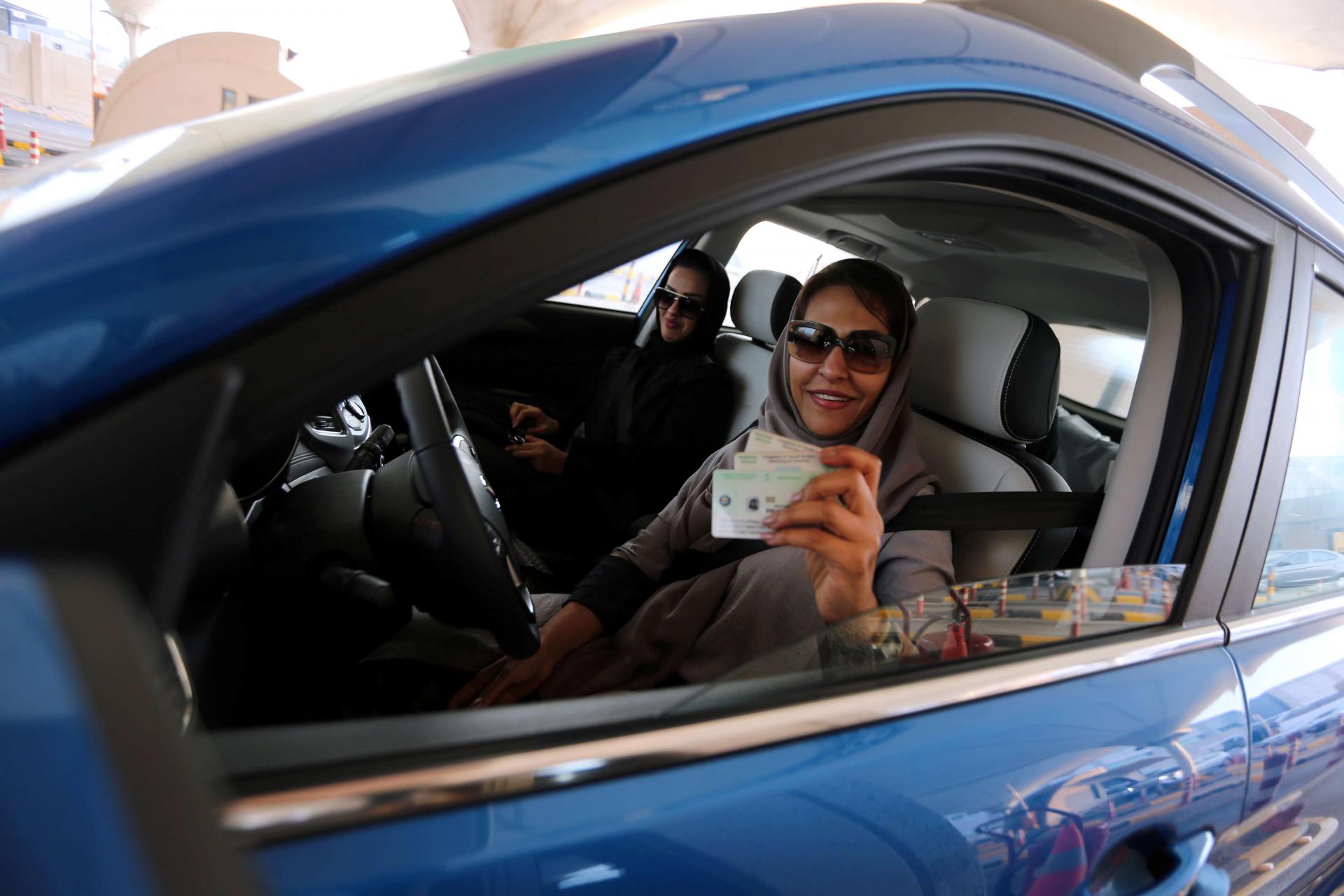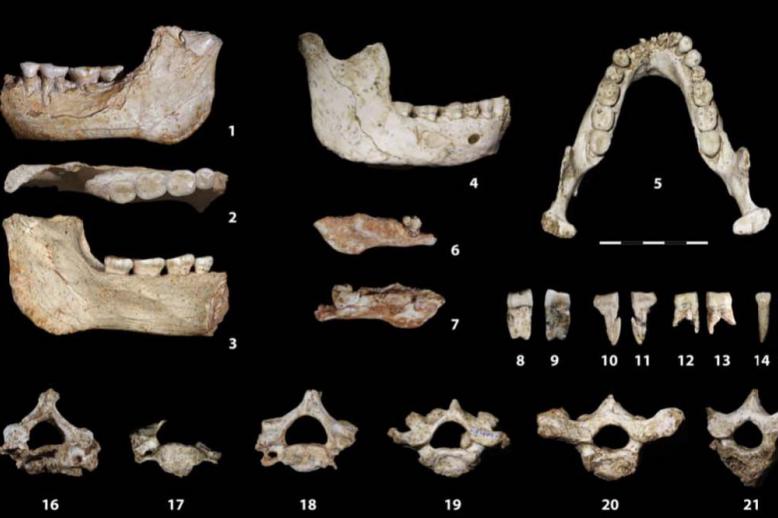Saudi women secure another rights milestone
LONDON - Saudi authorities have lifted a ban that prevented women from travelling without the written consent of a male guardian, moving the kingdom closer to abolishing its controversial guardian system.
The Saudi Interior Ministry announced on August 20 that authorities had implemented the cabinet’s decision to amend the kingdom’s travel system, which includes allowing passports to be issued to women aged over 21 without the permission of a male guardian. Women will also be able to register the births of their children, as well as a marriage or divorce.
Individuals under the age of 21, minors under Saudi law, won’t need permission to obtain a passport or travel if they are married or are travelling to study on a government scholarship.
The easing of the travel restrictions was welcomed by most Saudi women.
“The decision represents the ‘most important step’ Saudi has taken on the road to reform and society’s progress,” a Saudi Twitter user identifying herself as Talia wrote.
“This change means women are in a way in full control of their legal destiny,” tweeted Saudi media personality Muna AbuSulayman, the New York Times reported. She said she was so elated by the news that she could not sleep.
“These new regulations are history in the making,” the first Saudi female ambassador, Princess Reema bint Bandar bin Sultan, wrote on Twitter, adding that the Saudi leadership had “proved its unequivocal commitment to gender equality.”
Some Saudi women jested at some of the limitations of the latest amendments to the guardianship system.
“Congratulations, I can go to the passport office and get my passport without my guardian’s approval. Now I just need my father’s permission to go to the passport office,” quipped a Saudi woman, identifying herself as “Riyal,” on Twitter.
Hundreds of women in Eastern province crossed into Bahrain on August 19 unaccompanied. The Saudi Gazette said the number of women who crossed entry points in the Eastern province exceeded 1,000 within a few hours.
“These combined changes are among the most sweeping reforms of women’s rights that Saudi Arabia has made and the first significant break with the country’s male guardianship system, which has allowed men to control Saudi women’s lives from birth to death,” Rothna Begum, senior women’s rights researcher at Human Rights Watch said in a release.
“Now the Saudi authorities should uproot all remaining discrimination against women in both law and practice.”
The developments were not free of glitches. The change led to a rush of Saudi women applying for passports through the Saudi online application Absher. However, the site had not been updated to reflect the changes, forcing female passport seekers to apply for documentation in person.
The change in law is the latest reform step by Saudi King Salman bin Abdulaziz Al Saudi and Crown Prince Mohammed bin Salman bin Abdulaziz, seen by many as attempts to modernise the conservative kingdom.
Since 2015, Saudi Arabia has enacted significant reforms, including disbanding of the so-called religious police, the reversal of the women’s driving ban, easing aspects of the kingdom’s male guardianship system, granting women independent access to government services, jobs, education and health care, without the need for prior consent.
These steps are also tied to the Vision 2030 social and economic reform plan, designed to diversify the kingdom’s economy from the energy sector while creating job opportunities. Although economic in nature, the reform plan also addresses social issues, such as inequality of the sexes.
Crown Prince Mohammed emphasised that point in an interview with CBS’s “60 Minutes,” in March 2018, in which he stressed equality of the sexes. “Absolutely,” he said. “We are all human beings and there is no difference.”
Mohammed Alkhereiji is the Arab Weekly’s Gulf section editor.
This article was originally published in The Arab Weekly.







